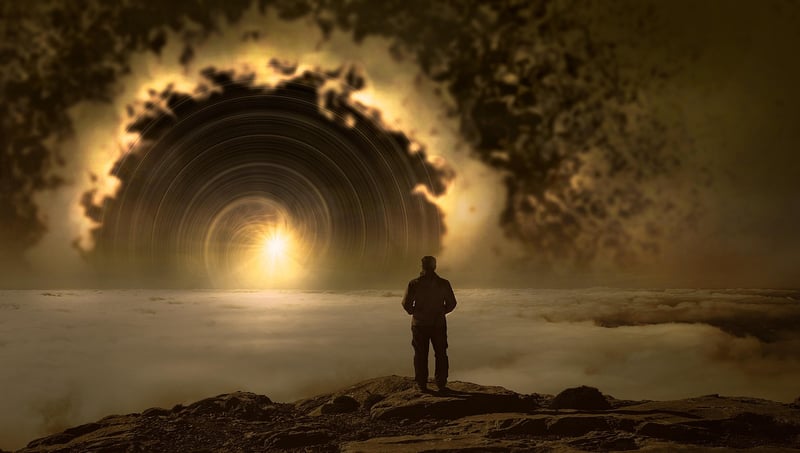Black Holes
Mechanisms for Time Travel and Black Holes
Time travel has long been a fascinating concept in science fiction, sparking imaginations and raising questions about the nature of time and space. While time travel remains theoretical and has not been proven possible, several mechanisms have been suggested by scientists and researchers to explore this intriguing phenomenon. In this article, we will delve into some of the proposed mechanisms for time travel and examine the role of black holes in this theoretical journey.
Wormholes
One of the most popular ideas for time travel involves the concept of wormholes. A wormhole is a hypothetical tunnel that connects two separate points in space-time, potentially allowing for shortcuts through spacetime. If traversable wormholes existed, they could serve as portals for traveling not only across vast distances but also through time. However, the existence of traversable wormholes remains purely theoretical and requires exotic matter with negative energy density to stabilize them.
Time Dilation
Another mechanism for potential time travel is through the phenomenon of time dilation, as described by Einstein's theory of relativity. Time dilation occurs when an object is moving at speeds approaching the speed of light or when it is under the influence of a strong gravitational field, such as that near a black hole. This effect causes time to pass differently for the moving object compared to a stationary observer, potentially allowing for journeys into the future.
Black Holes
Black holes are regions in spacetime where gravity is so strong that nothing, not even light, can escape from them. These cosmic entities have captured the imagination of scientists and the public alike, often being portrayed as mysterious cosmic phenomena. While black holes themselves do not provide a direct means for time travel, their extreme gravitational fields can significantly affect the passage of time through time dilation.
Gravitational Time Dilation
Gravitational time dilation, a consequence of general relativity, describes how time moves slower in stronger gravitational fields. Near a black hole, where gravity is immensely intense, time dilation becomes substantial. This effect means that an observer near a black hole would experience time passing slower compared to someone in a weaker gravitational field. While this phenomenon does not offer a way to travel back in time, it does showcase the profound impact gravity can have on the perception of time.
Conclusion
Time travel remains a captivating topic that bridges the realms of science and imagination. While the mechanisms for time travel discussed here are currently theoretical and face numerous challenges, they continue to inspire scientific inquiry and exploration into the mysteries of the universe. Whether through the hypothetical traversable wormholes, the effects of time dilation, or the gravitational influences of black holes, the quest to unravel the secrets of time travel persists as a tantalizing frontier of scientific discovery.
Explore the wonders of the universe, from black holes to time dilation, and let your imagination soar as you contemplate the possibilities of time travel.

Image source: Pixabay
